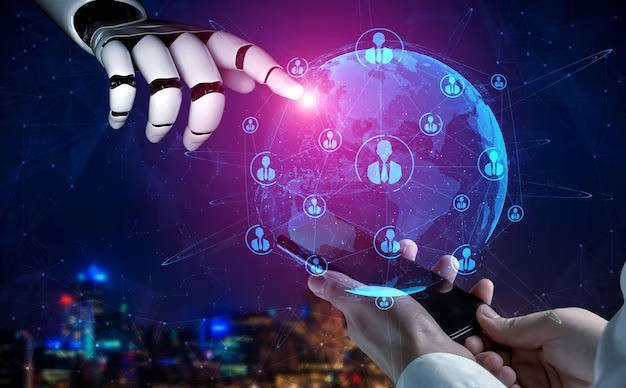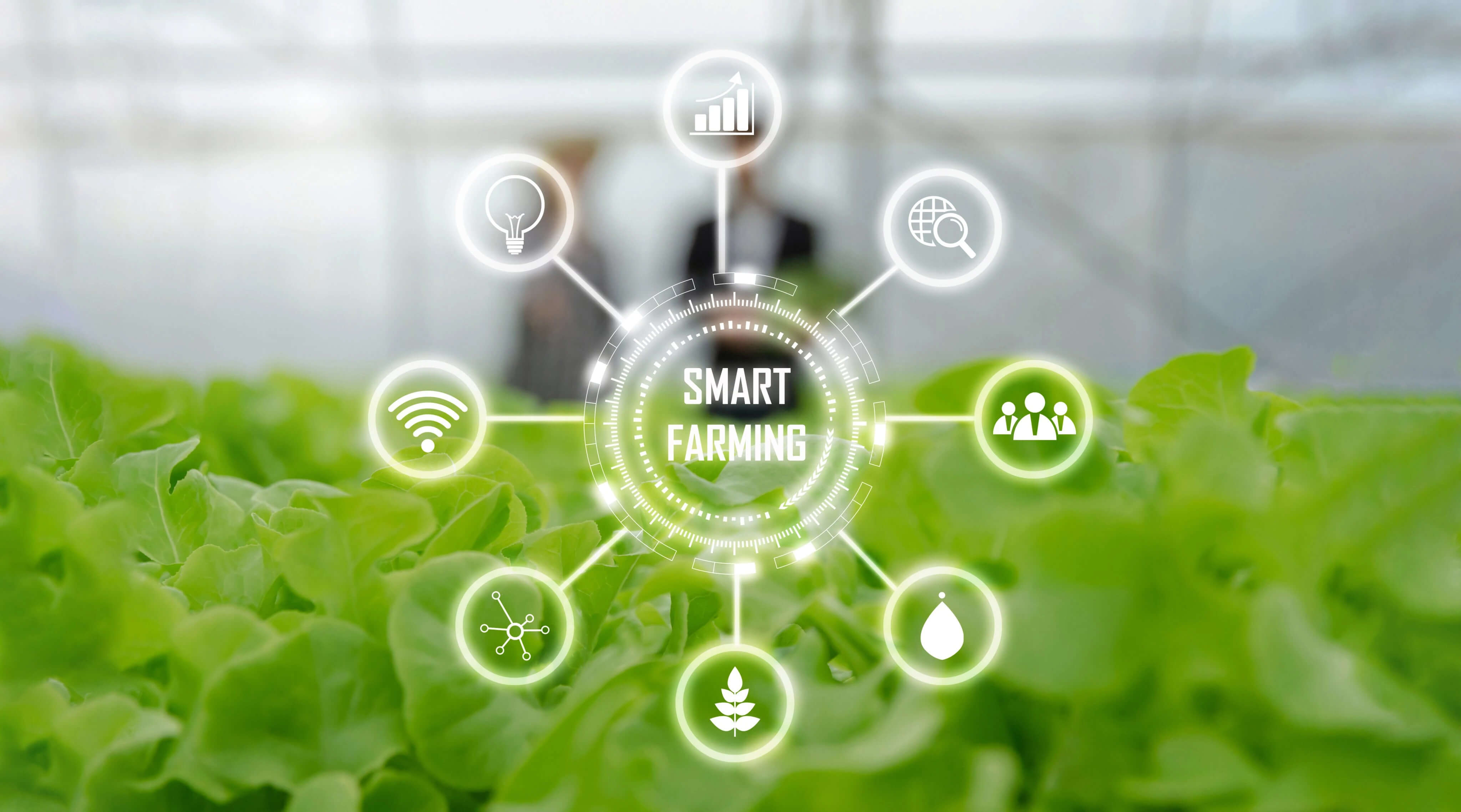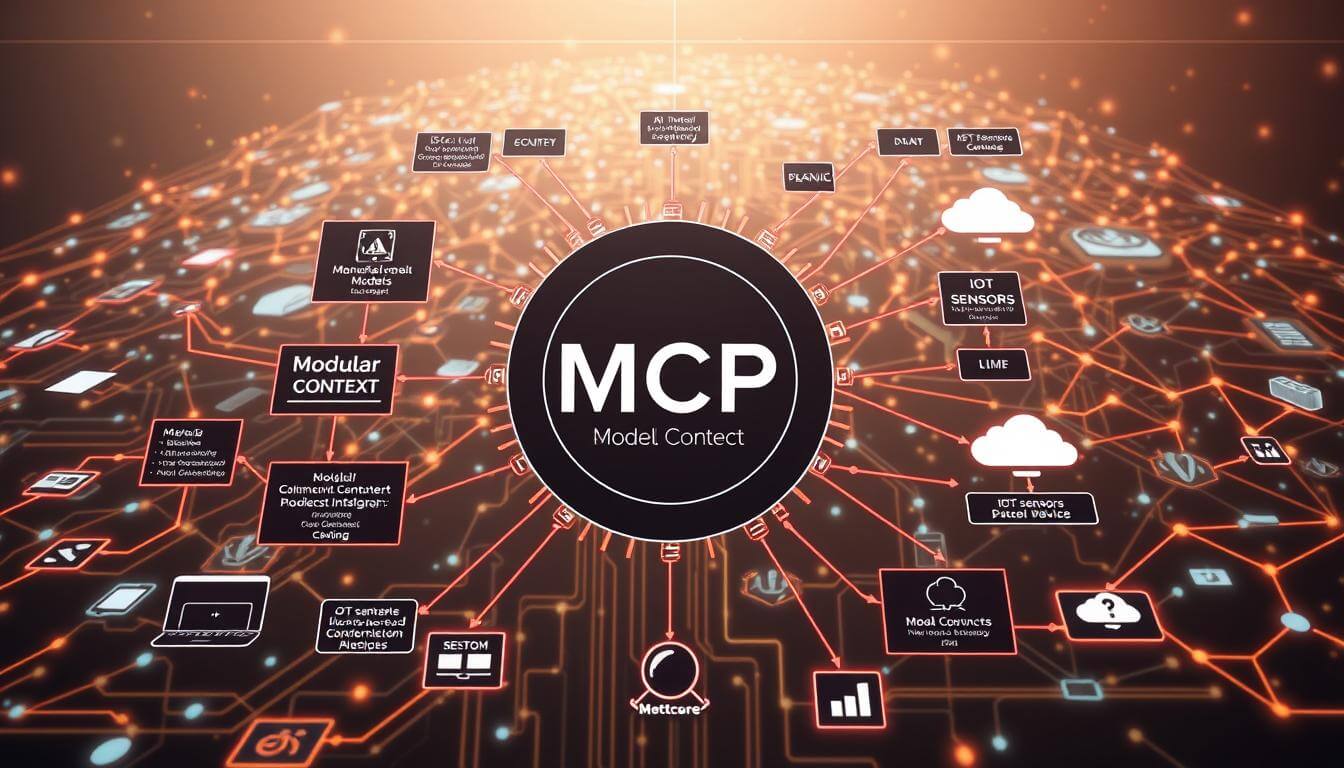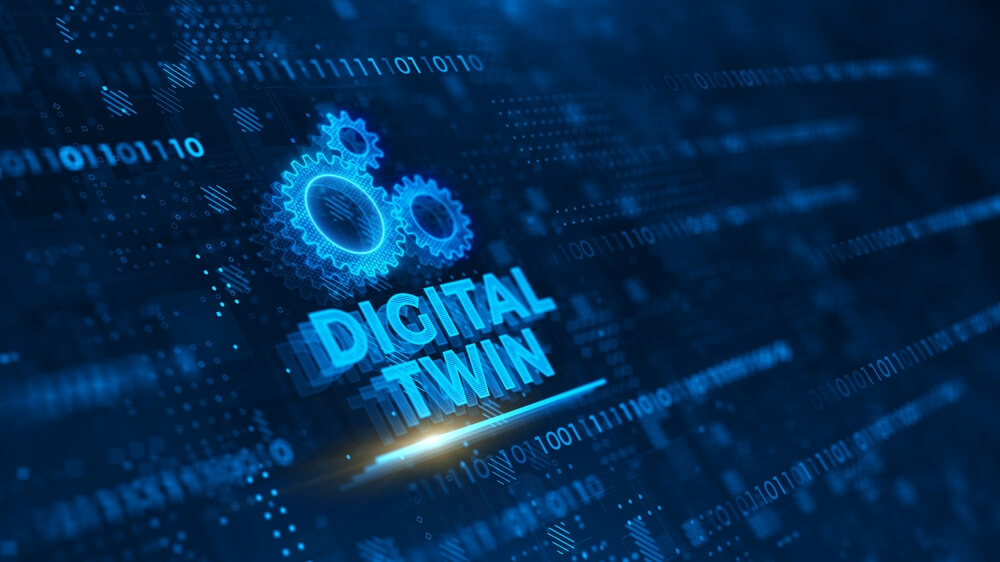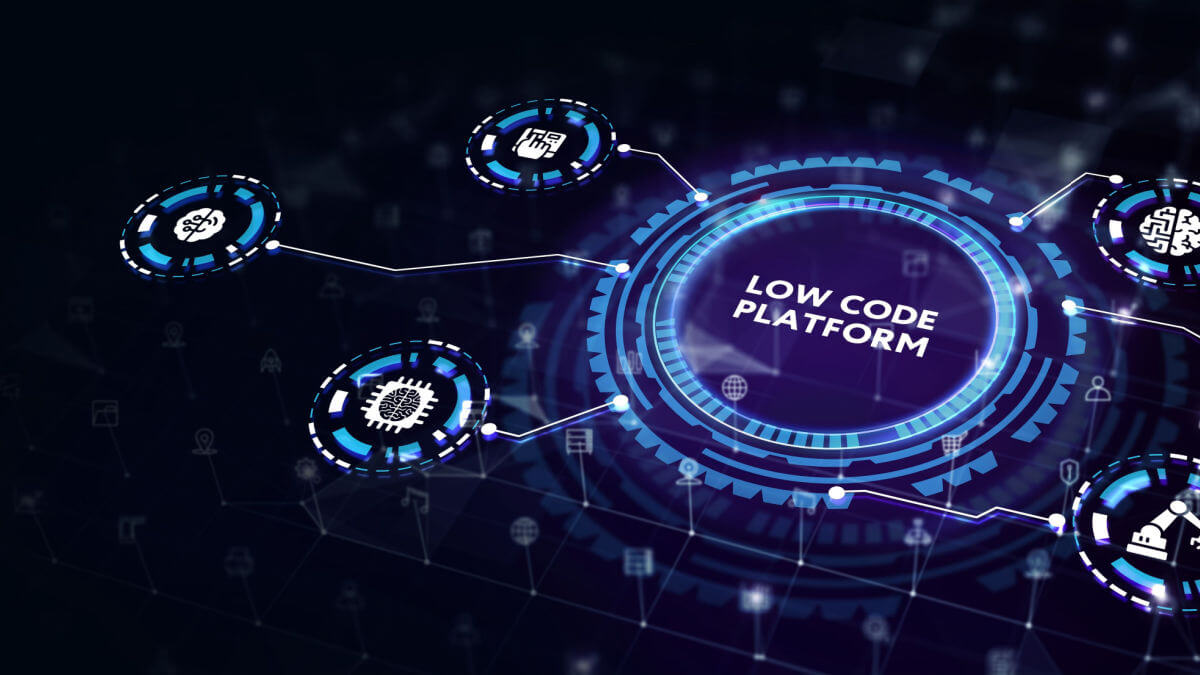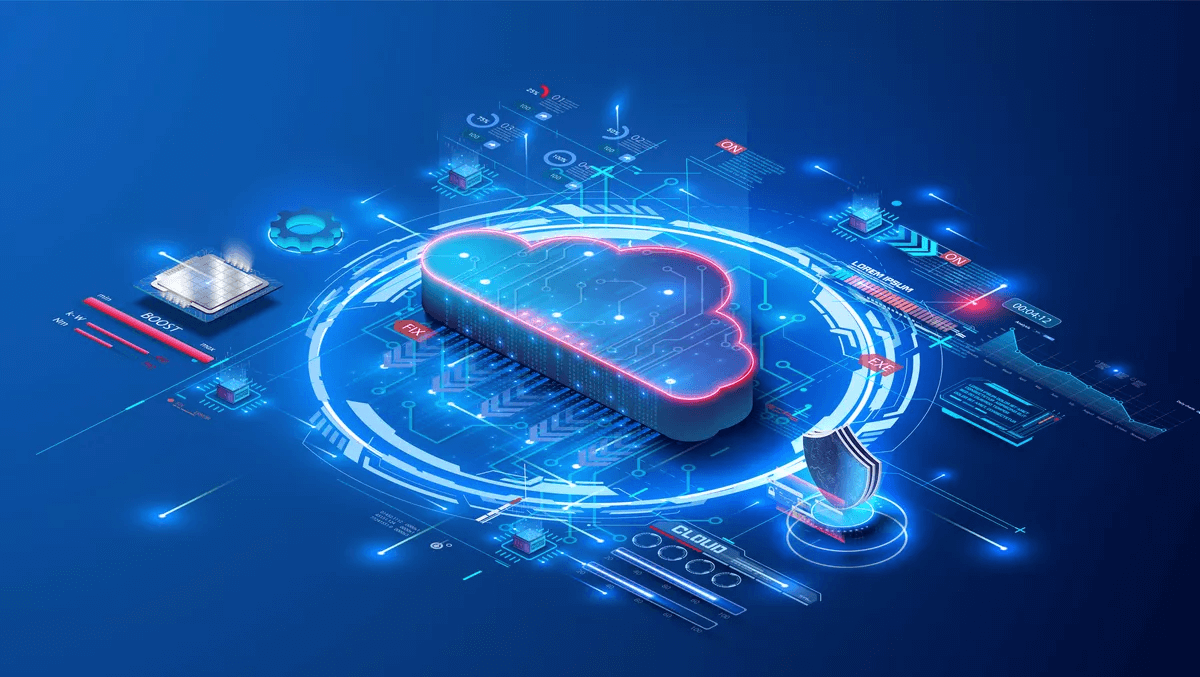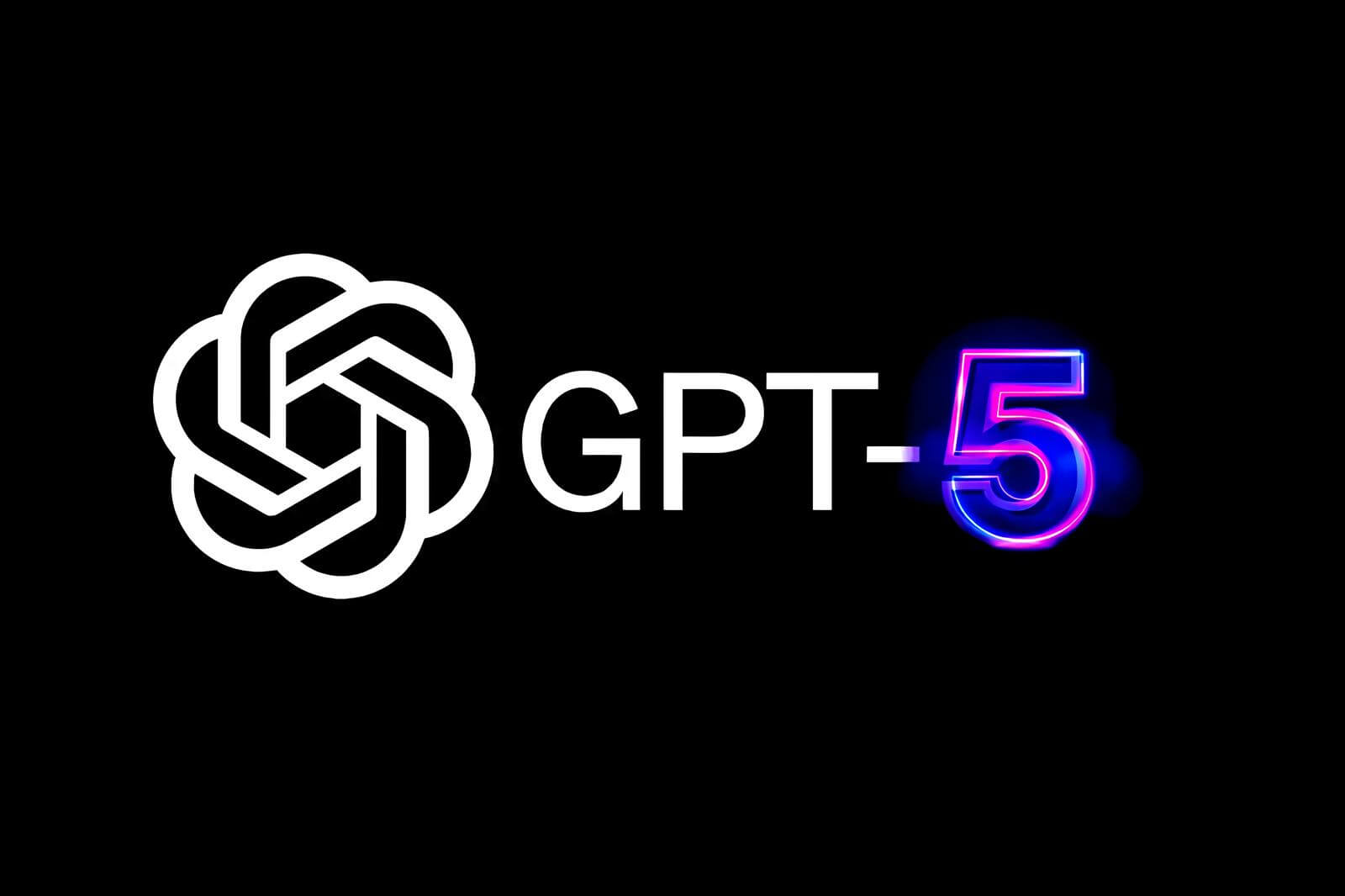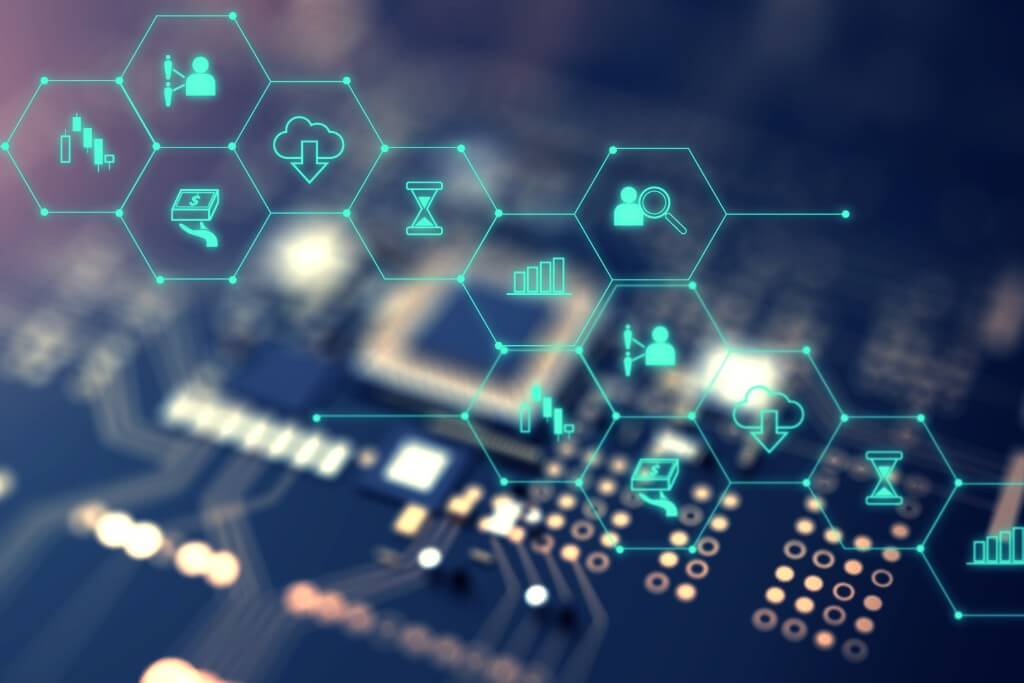Technology is constantly evolving, bringing profound changes to the way we live, work, and communicate. In the future, emerging technology trends not only promise to enhance efficiency but also reshape entire industries. Join Wiintek as we explore the most prominent technology trends of the future below.
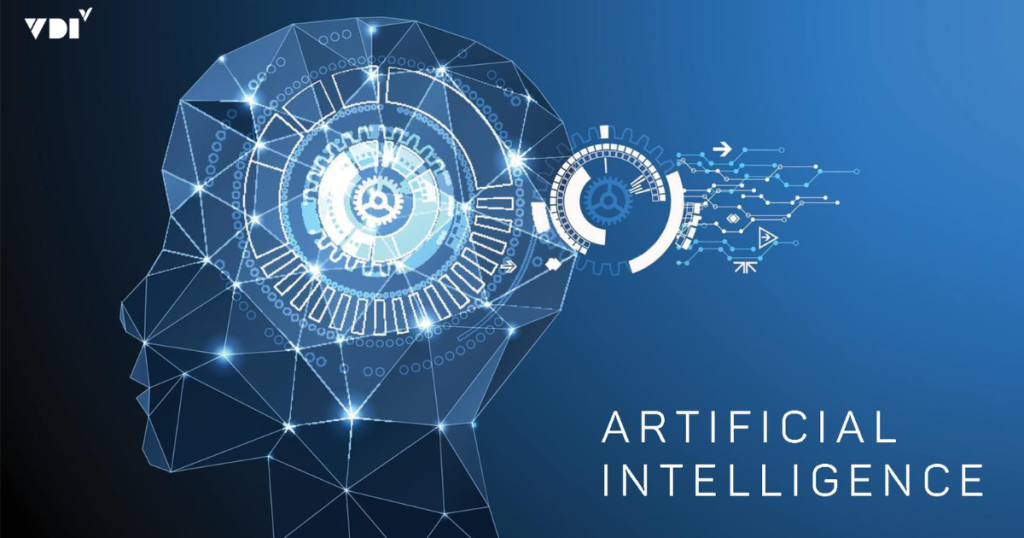
Artificial Intelligence (AI) and Machine Learning
AI and Machine Learning are leading the wave of technological innovation.
Modern AI systems go beyond just processing data—they can learn, create, and make decisions autonomously. Their applications are expanding across all sectors, from healthcare and education to manufacturing and entertainment. AI is not only transforming the way people work but also increasing efficiency and minimizing errors.
AI has been widely applied in healthcare, assisting doctors in making more accurate diagnoses through the analysis of medical images such as X-rays or MRIs. In business, chatbots provide 24/7 customer support, automatically answering inquiries and enhancing user experience. Additionally, AI helps analyze consumer behavior to optimize marketing strategies, boost revenue, and improve overall business performance.
Blockchain and Web3
Blockchain is no longer limited to cryptocurrencies—it is expanding into areas such as information security, supply chain management, and digital voting. With Web3, data will return to the hands of users through decentralized platforms, creating a safer and more transparent environment.
In the financial sector, blockchain is revolutionizing cross-border transactions by ensuring transparency and reducing transaction costs. Additionally, this technology is applied in supply chain management to track the origin and status of goods in real time, minimizing fraud and enhancing consumer trust.
Internet of Things (IoT)
IoT is transforming everyday objects into smart devices, from light bulbs and washing machines to home security systems. In the future, smart cities will use IoT to optimize traffic, save energy, and improve quality of life.
In smart cities, IoT is used to manage traffic more efficiently through sensor systems that measure vehicle flow. Households can enjoy the convenience of smart homes, where devices automatically adjust temperature, lighting, and even energy consumption, helping to save costs. IoT sensors in agriculture also help optimize irrigation and fertilizer use scientifically.
Virtual Reality (VR) and Augmented Reality (AR)
VR and AR are opening a new era for digital experiences, combining the real and virtual worlds. These technologies go beyond gaming and entertainment, being strongly applied in education, healthcare, and e-commerce.
In education, VR allows students to participate in 3D simulated classes, such as experiencing virtual laboratories or exploring historical landmarks remotely. In healthcare, this technology supports surgeons by creating detailed simulations of a patient’s body. Additionally, AR is transforming the shopping experience by enabling customers to try out furniture or clothing in a virtual space before purchasing online.
Quantum Computing
Quantum computing is moving closer to practical application, unlocking the ability to solve complex problems that traditional computers cannot handle. With its superior processing speed, this technology will bring breakthroughs in encryption, optimization, and scientific research.
Quantum computing is reshaping fields such as finance, where complex algorithms are processed faster to predict market fluctuations. In scientific research, this technology supports molecular simulations for developing new drugs, shortening testing times. Additionally, quantum computing enhances data security by enabling unbreakable encryption, ensuring information safety.
In summary, future technology trends will not only focus on innovation but also place humans and the environment at the center. From smarter AI, more secure blockchain, to IoT connecting everything, technology will continue to transform the world in ways we have never imagined before.
Get ready to embrace the opportunities and challenges that these technology trends will bring.
Source: What is a DDoS attack?
